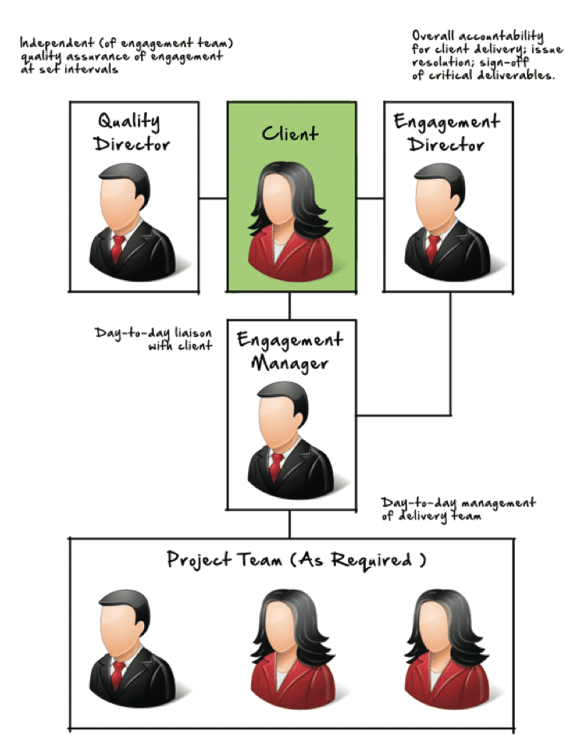견적문의
페이지 정보
작성자 Shannan 댓글댓글 0건 조회조회 223회 작성일작성일 25-05-20 07:12본문
| 회사명 | DE |
|---|---|
| 담당자명 | Shannan |
| 전화번호 | PC |
| 휴대전화 | IF |
| 이메일 | shannanheydon@hotmail.com |
| 프로젝트유형 | |
|---|---|
| 제작유형 | |
| 제작예산 | |
| 현재사이트 | |
| 참고사이트1 | |
| 참고사이트2 |
Plans to cut personnel numbers in half at NHS England and the Department of Health and Social Care were unveiled yesterday amid drastic cost-cutting steps.

The 'bonfire of bureaucrats' is focused on getting rid of duplication across the organisations after their labor forces swelled during the pandemic.

Health secretary Wes Streeting is also looking for to tighten his control over the NHS, deliver better value for taxpayers and free-up cash for the frontline.
Three more NHS England board members the other day revealed they will quit at the end of this month, following the current resignations of chief executive Amanda Pritchard and nationwide medical director Professor Sir Stephen Powis.
The most current leaders to sign up with the exodus are Julian Kelly, the primary financial officer, Emily Lawson, the chief running officer, and Steve Russell, the chief shipment officer and nationwide director for vaccination and screening.

NHS England is the national quango tasked with supervising the day to day running of the health service and its long-lasting strategy.
It was developed by the Tories in 2013 to offer it higher political self-reliance but Mr Streeting is keen to restore tighter control from within his Department.
NHS England said in a declaration: 'As part of the requirement to make best possible use of taxpayers' money to support frontline services, the size of NHS England will be significantly reduced and might see the size of the centre decline by around half.'
The much cuts follow a decrease of about 4,000 to 6,000 employees at NHS England over the previous two years and about 800 at the Department of Health and Social Care.
Health secretary Wes Streeting is also seeking to tighten his control over the NHS, amid strategies to cut personnel numbers in half at NHS England and the Department of Health
Former NHS England chief Amanda Pritchard will step down from her position at the end of this month
NHS England chief shipment officer Steve Russell (left) and chief running officer Emily Lawson (right) are amongst the current bosses to join the exodus
Sir Jim Mackey, who will become interim president at the start of April, will set up a shift team within NHS England to 'lead the radical decrease and improving of the centre with the Department of Health and Social Care'.
He said: 'We understand that today's news is upsetting for our staff, and we have substantial challenges and changes ahead.'We intend to have a shift group in place to start on the 1st April 2025 to assist lead us through this duration.'

Ms Pritchard said in a note to personnel, seen by the Health Service Journal: 'In the last number of weeks, I have actually stated I think the time is right for radical reform of the size and functions of the centre to finest assistance regional NHS systems and suppliers to deliver for patients and drive the federal government's reform concerns.'
She said Mr Streeting had asked Sir Jim and Penny Dash, the inbound NHS England chair, to 'lead this work, providing significant changes in our relationship with DHSC to remove duplication'.
Mr Streeting said: 'I wish to put on record my thanks to Julian, Emily and Steve for their commitment as public servants, and their work in particular helping guide the NHS through the pandemic.
'I have actually delighted in working with each of them over the last eight months and I've been impressed by their skill and focus on delivering improvement for patients and staff.
'We are entering a period of important transformation for our NHS. 'With a stronger relationship in between the Department for Health and Social Care and NHS England, we will work together with the speed and urgency needed to fulfill the scale of the obstacle.'

Since June in 2015, NHS England used simply under 15,000 full-time comparable staff, consisting of long-term, short-lived and consultancy. The Department of Health and Social Care had around 9,000, including the UK Health Security Agency. These are both around 30 percent more than in January 2020.
NHS England primary financial officer Julian Kelly has likewise included his name to leaders resigning from their positions

Professor Stephen Powis, the NHS nationwide medical director, announced last week he would step down this summertime
UNISON head of health Helga Pile said: 'Staff will be understandably concerned about this abrupt change of instructions.
'The variety of redundancies being sought at NHS England has actually trebled in simply a matter of weeks.
'Em ployees there have already been through the mill with unlimited rounds of reorganisation. What was already a demanding prospect has now become more like a problem.
'Fixing a broken NHS requires a correct plan, with central bodies resourced and handled effectively so regional services are supported.
'Rushing through cuts brings a threat of developing an even more, more complex mess and could ultimately hold the NHS back. That would let down the very people who need it most, the patients.'
Matthew Taylor, primary executive of the NHS Confederation, stated: 'These changes are taking place at a scale and speed not anticipated to start with, however offered the substantial savings that the NHS needs to make this year it makes sense to lower areas of duplication at a national level and for the NHS to be led by a leaner centre.
'NHS England has actually already provided substantial savings and helped to provide enhancements in productivity, however nationwide bodies and regional NHS leaders understand that more is required this year.
'These changes represent the most significant improving of the NHS's national architecture in more than a years. It is necessary that regional NHS organisations and other bodies are associated with this improvement as the instant next steps become clearer, so that a maximum operating model can be created.

'This must be about doing things in a different way for the advantage of regional communities as both clients and taxpayers, along with for staff ahead of yearly survey results on Thursday that are yet once again anticipated to reveal the extreme challenges they deal with.'
Wes Streeting

